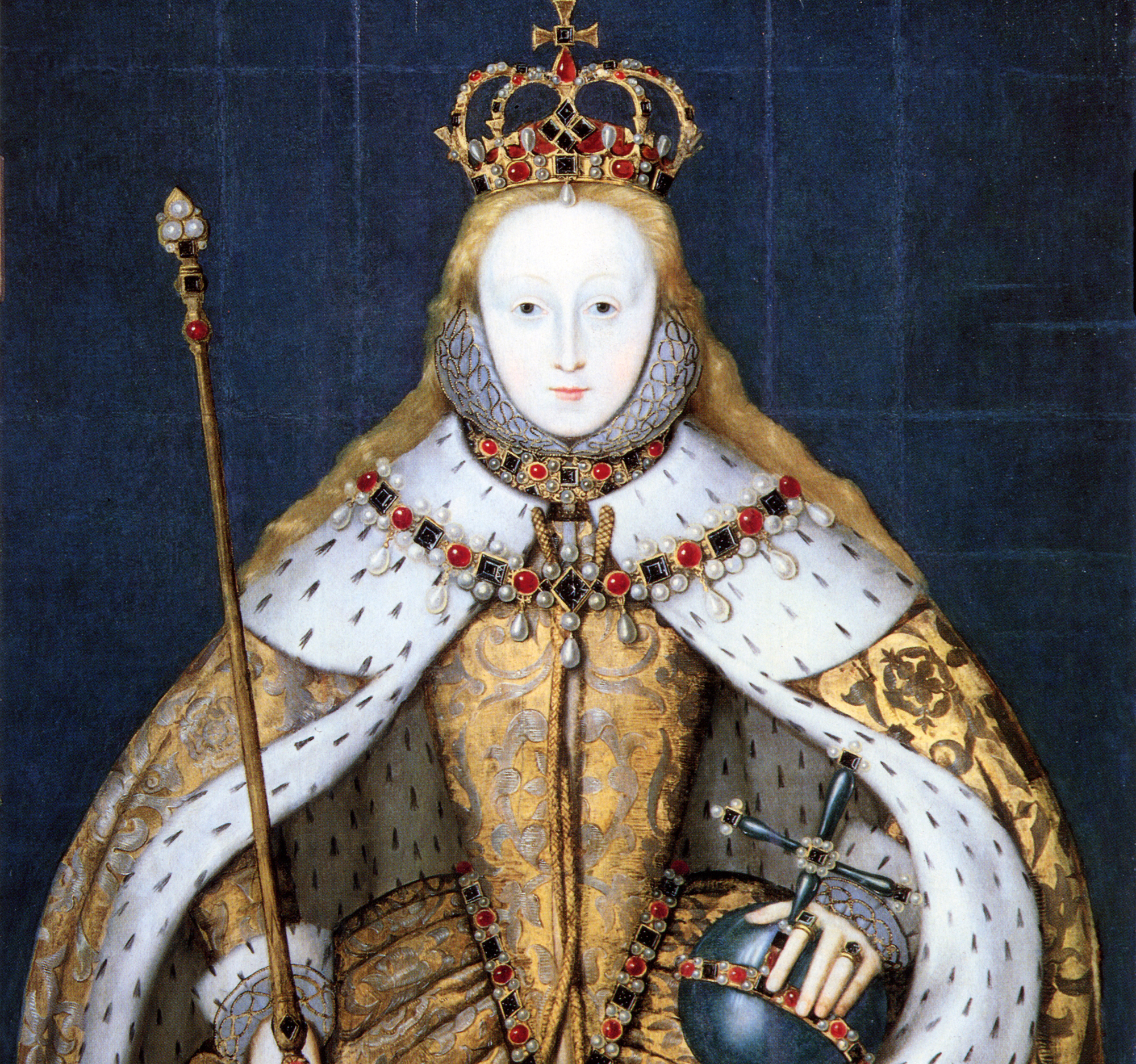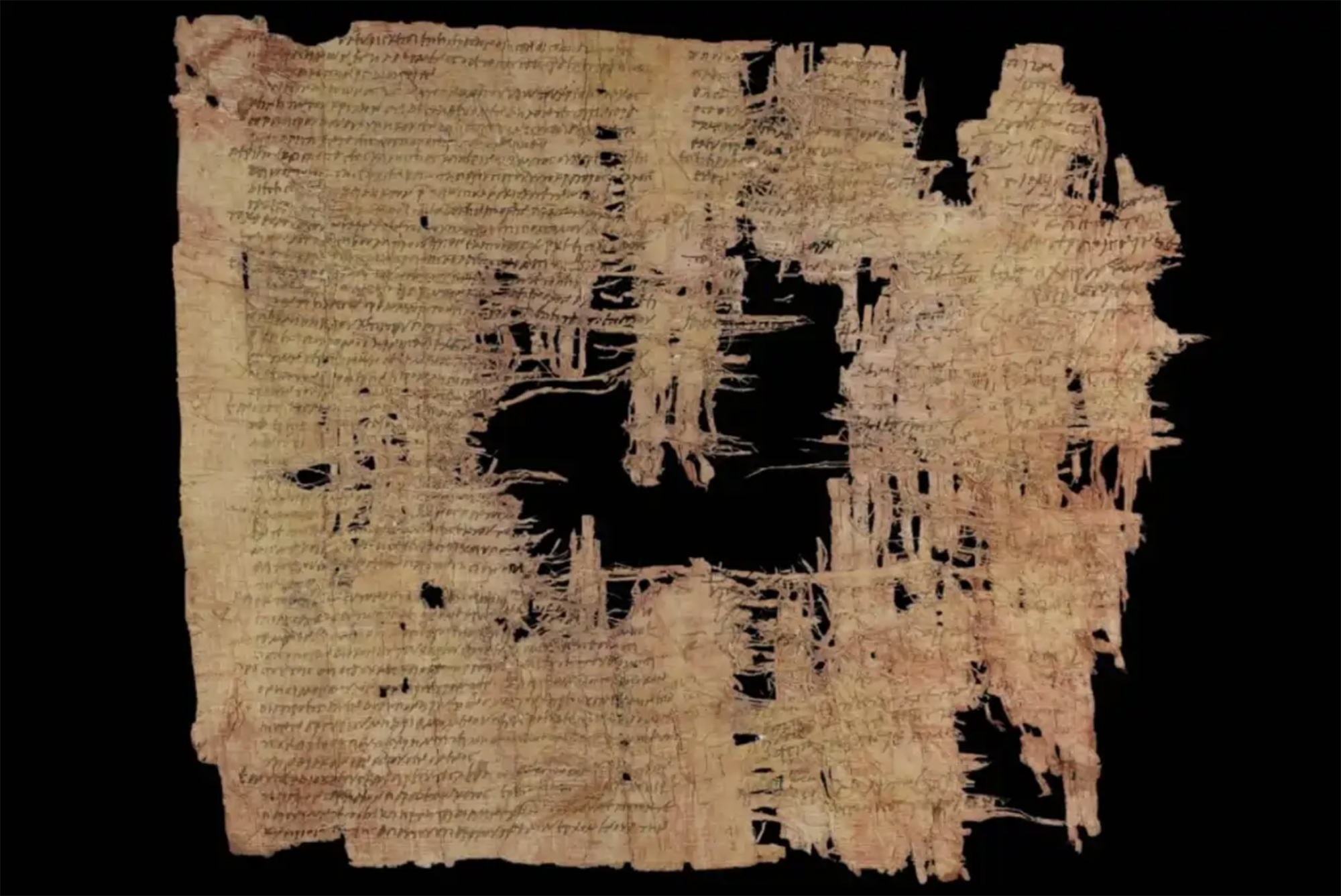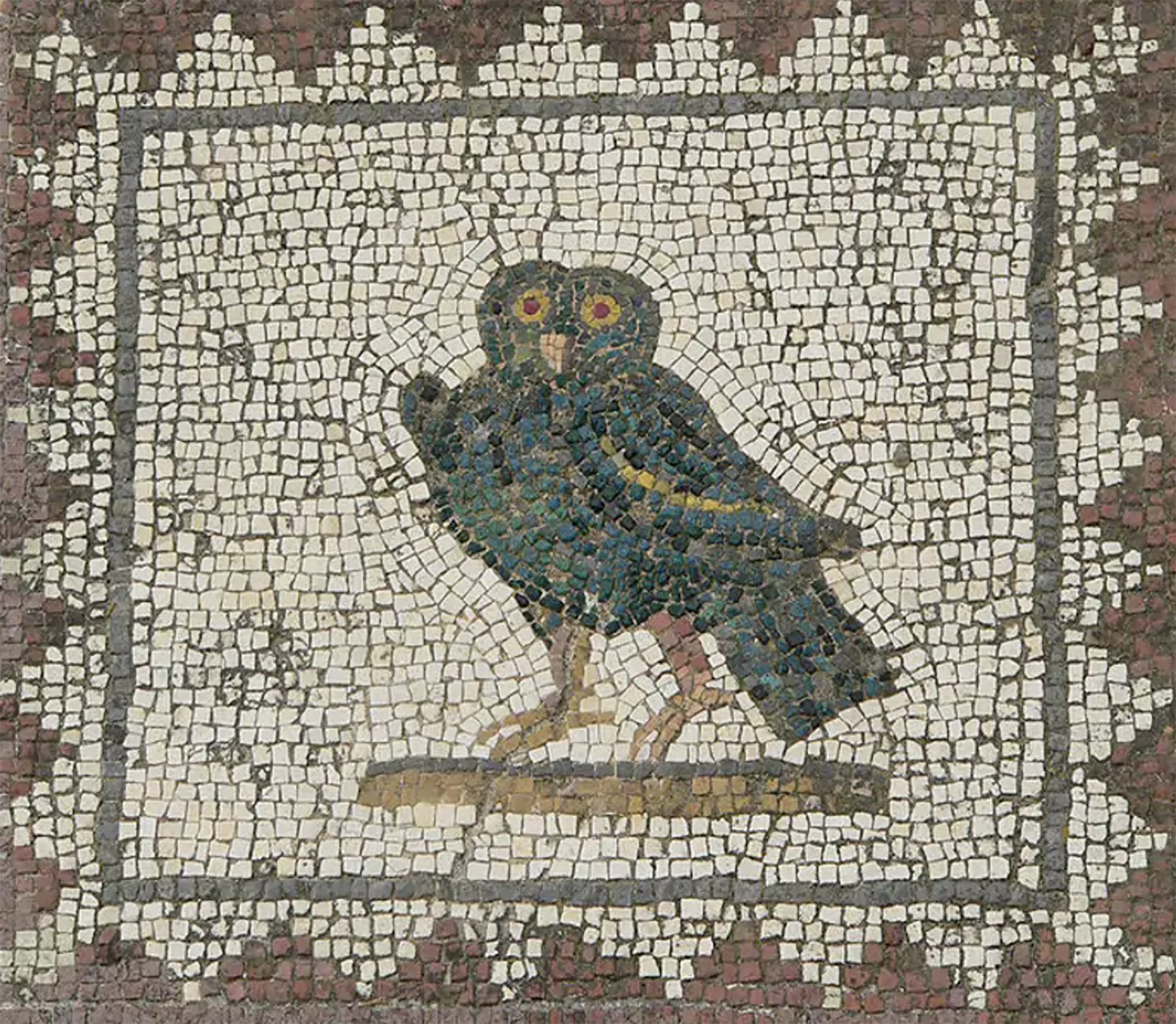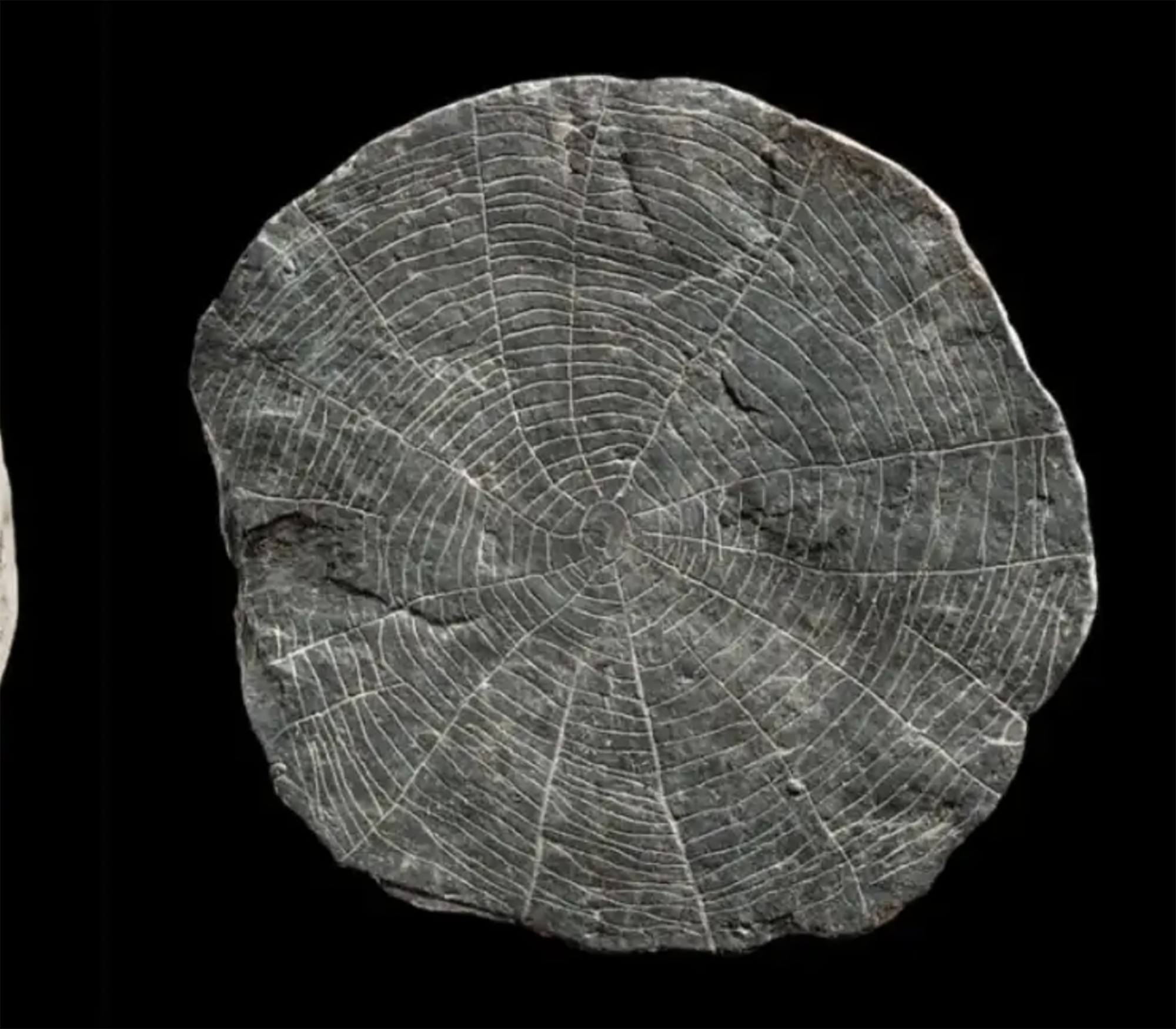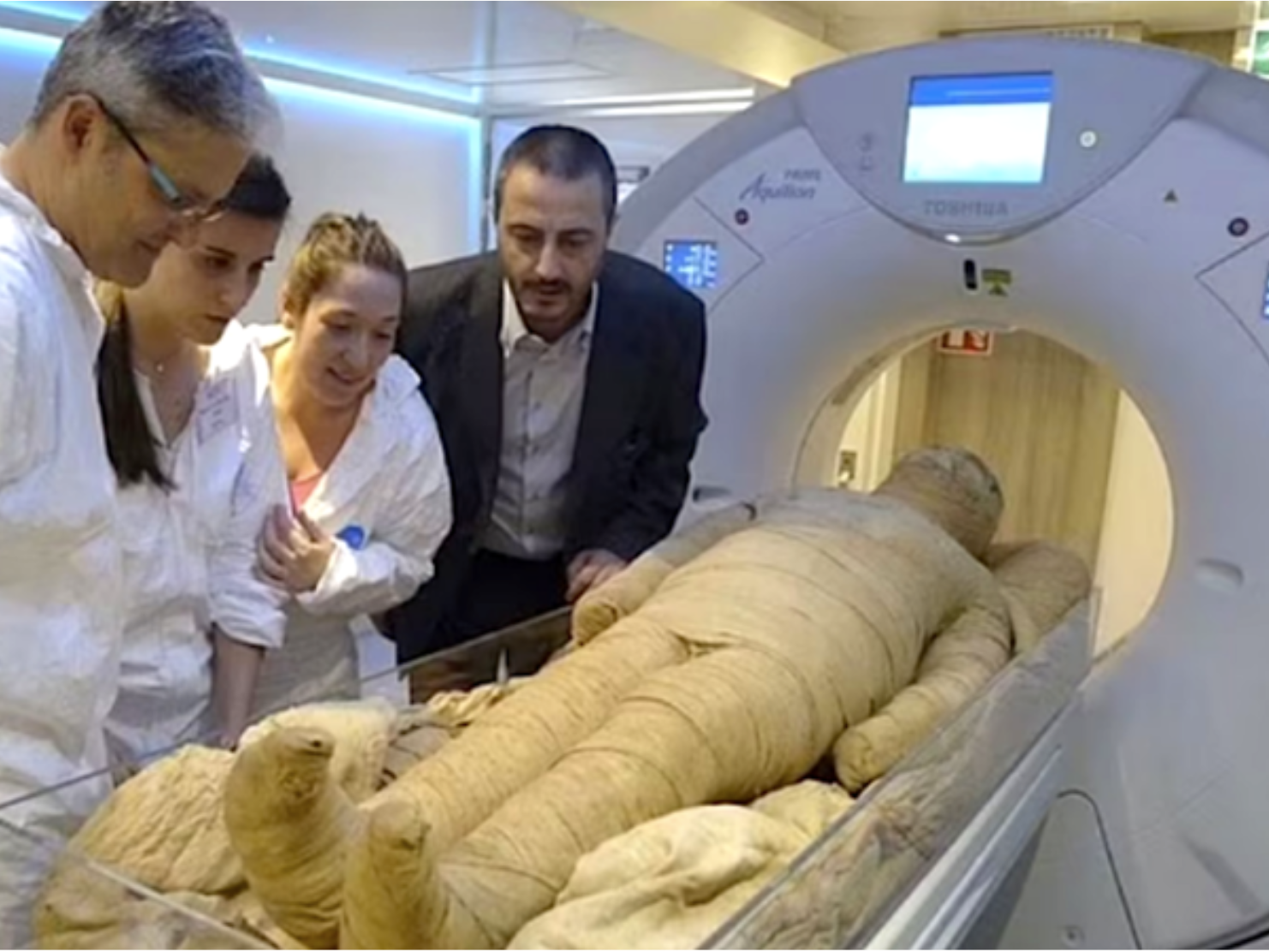Yale: reputation for slaves
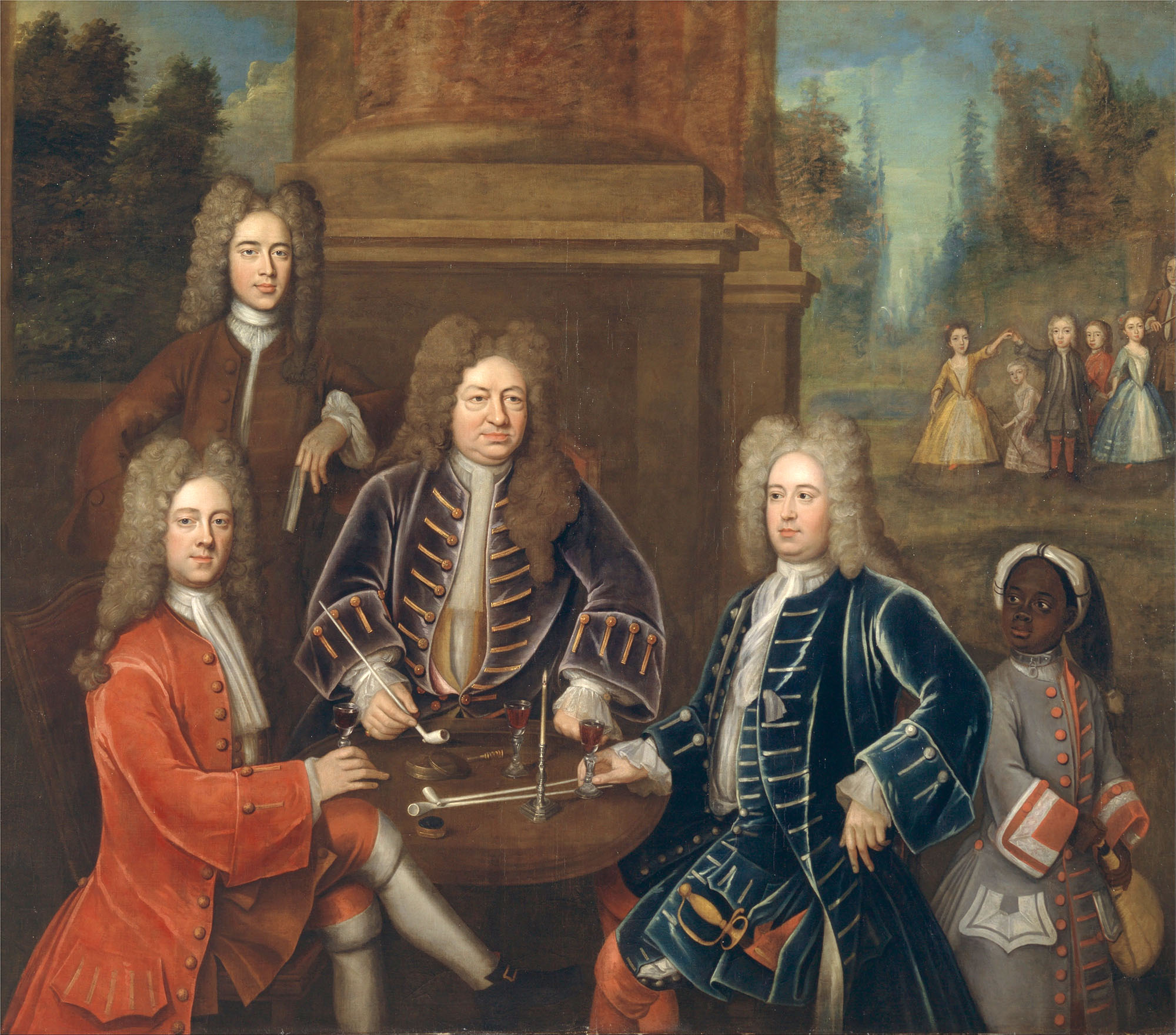
Killingworth (Connecticut, USA), 1701. They founded Collegiate School. In 1716 the new school was transferred to New Haven and two years later, in 1718, it was named Yale, one of the most prestigious universities in the United States and the world.
Businessman Elihu Yale (1649-1721), born in Boston that year, donated to university nine goods bundle. They got about 560 pounds of sold donations, which allowed them to build a new building. So they put the name of the philanthropist to college.
For twenty years, Yale was a member of the British East India Company, occupying increasingly important positions and governor of Madrid (India) since 1684. Through speculation he used the Company’s money for his own benefit through secret contracts with traders. After all, he raised a lot of money in the Indian compilation. He was dismissed in 1699 for actions against the company. He then moved to England, where he began to waste the good collected, with donations that sometimes gave him prestige and prestige. Thus, who became famous for his cruelty and his hunger for money in Madrid, became after his death “a man of great charity”.
In recent years, several researchers have studied the origin of Yale's good. And historian Joseph Yannielli adds a fundamental element to Yale's monetary sources: slavery.
In recent years, several researchers have studied the origin of Yale's good. And historian Joseph Yannielli adds a fundamental element to Yale's sources of income: slavery. According to Yannielli, Yale not only accepted slavery, “directed and driven the slave trade in the Indian Ocean.” A special rule came into force in the 1680s: European vessels leaving Indian ports were required to carry 10 slaves.
Yale's early biographers didn't even mention its relationship to slavery. But all documents and minutes of the British East India Company are digitalized and available to anyone today, and, according to Yannieli, “now they have no excuse to ignore.” Yannielli is not the only one who has studied the subject and more and more are asking for the university to change its name.
A team from Yale University, chaired by historian David Blight over the past three years, has studied this connection in detail. A few weeks ago, the university presented an ambitious book entitled Yale and slavery: a history, which includes this study. At the same time, Yale University apologizes for the link between the institution and slavery. But there is no mention of the possibility of renaming in the official donation.
Chão de Lamas-eko zilarrezko objektu sorta 1913an topatu zuten Coimbran (Portugal). Objektu horien artean zeltiar jatorriko zilarrezko bi ilargi zeuden. Bi ilargiak apaingarri hutsak zirela uste izan dute orain arte. Baina, berriki, adituek ilargietan egin zituzten motibo... [+]
Hertfordshire (Ingalaterra), 1543. Henrike VIII.a erregearen eta Ana Bolenaren alaba Elisabet hil omen zen Hatfield jauregian, 10 urte besterik ez zituela, sukarrak jota hainbat aste eman ondoren. Kat Ashley eta Thomas Parry zaintzaileek, izututa, irtenbide bitxia topatu omen... [+]
Luxorren, Erregeen Haranetik gertu, hilobi garrantzitsu baten sarrera eta pasabide nagusia aurkitu zituzten 2022an. Orain, alabastrozko objektu batean Tutmosis II.aren kartutxoa topatu dute (irudian). Horrek esan nahi du hilobi hori XVIII. dinastiako faraoiarena... [+]
AEB, 1900eko azaroaren 6a. William McKinley (1843-1901) bigarrenez aukeratu zuten AEBetako presidente. Berriki, Donald Trump ere bigarrenez presidente aukeratu ondoren, McKinleyrekiko miresmen garbia agertu du.
Horregatik, AEBetako mendirik altuenari ofizialki berriro... [+]
Urruña, 1750eko martxoaren 1a. Herriko hainbat emakumek kaleak hartu zituzten Frantziako Gobernuak ezarritako tabakoaren gaineko zergaren aurka protesta egiteko. Gobernuak matxinada itzaltzeko armada bidaltzea erabaki zuen, zehazki, Arloneko destakamentu bat. Militarrek... [+]
In the Maszycka cave in Poland, remains of 18,000 years ago were found at the end of the 19th century. But recently, human bones have been studied using new technologies and found clear signs of cannibalism.
This is not the first time that a study has reached this conclusion,... [+]
Porzheim, Germany, February 23, 1945. About eight o’clock in the evening, Allied planes began bombing the city with incendiary bombs. The attack caused a terrible massacre in a short time. But what happened in Pforzheim was overshadowed by the Allied bombing of Dresden a few... [+]
Judea, 2nd century AD. In the turbulent atmosphere of the Roman province, a trial was held against Gaddaliah and Saul, accused of fraud and tax evasion. The trial was reported on a 133-line paper in Greek (pictured). Thinking that it was a Nabataean document, the papyrus was... [+]
Poloniar ikerlari talde batek Sevillako Italica aztarnategiko Txorien Etxea aztertu du, eta eraikinaren zoruko mosaikoak erromatar garaiko hegazti-bilduma xeheena dela ondorioztatu du.
Txorien etxean 33 hegazti daude mosaikoetan xehetasun handiz irudikatuta. Beste... [+]
Archaeologists have discovered more than 600 engraved stones at the Vasagård site in Denmark. According to the results of the data, dating back to 4,900 years ago, it is also known that a violent eruption of a volcano occurred in Alaska at that time. The effects of this... [+]
Vietnam, February 7, 1965. The U.S. Air Force first used napalma against the civilian population. It was not the first time that gelatinous gasoline was used. It began to be launched with bombs during World War II and, in Vietnam itself, it was used during the Indochina War in... [+]
Japan, 8th century. In the middle of the Nara Era they began to use the term furoshiki, but until the Edo Era (XVII-XIX. the 20th century) did not spread. Furoshiki is the art of collecting objects in ovens, but its etymology makes its origin clear: furo means bath and shiki... [+]
In an Egyptian mummy of 3,300 years ago, traces of Yersinia pestis, the bacterium that caused the Justinian plague in the 6th century and the Black Plague in the 14th century, have just been found.
Experts until now believed that at that time the plague had spread only in... [+]
Greenland, the end of the 10th century. The first Scandinavian explorers and settlers arrived on the island. But by the 15th century these settlements had been abandoned and the original Inuit remained. But in 1721, the missionary Hans Egede organized an expedition and the... [+]
In 2017, Indonesia and the Netherlands signed an agreement to return the heritage stolen by the European country because of colonialism for three centuries. The Indonesian responsible for the return process, Gusti Agung Wesaka Puja, explained that this agreement "was important in... [+]












